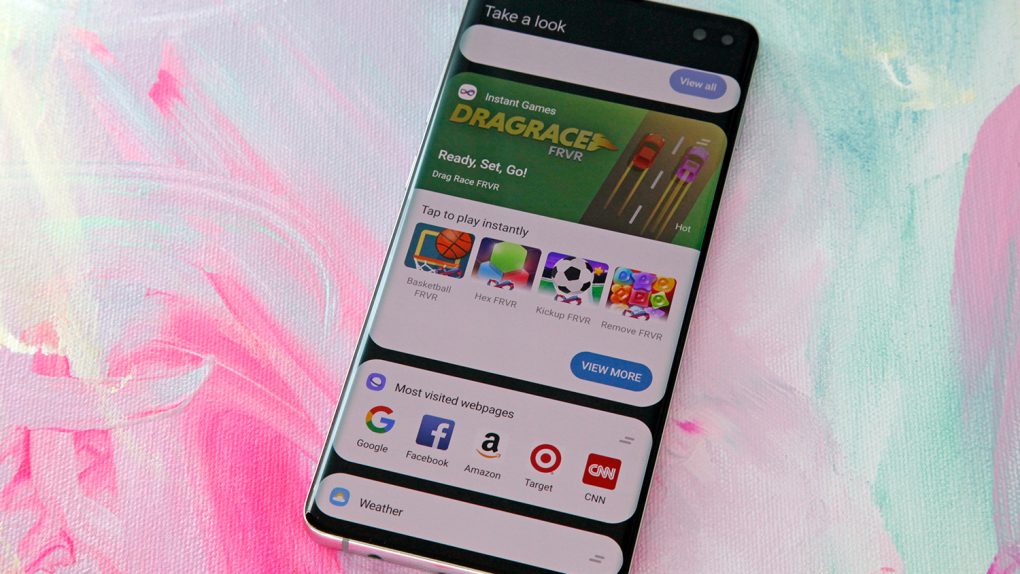This won’t exactly be a big reveal to some of you, but a new study of Android antivirus apps in the Google Play store is out with some predictably disheartening results. According to AV-Comparatives, an Austrian antivirus testing organization, most of the antivirus apps in the store don’t really protect you from much of anything, and aren’t worth the space they’ll take up on your phone.
Less than 1 in 10 apps defended against all 2,000 malware samples the testing lab threw at them, according to a press release from the lab. Moreover, more than two-thirds of the apps didn’t even hit a block rate of 30%.
“The main purpose of these apps seems to be generating easy revenue for their developers, rather than actually protecting their users,” the AV-Comparatives team notes in its findings.
It seems that most of the apps they tested are antivirus apps pretty much in name only, created basically for purposes like serving as a vehicle for display ads. On the other hand, some 23 apps out of 250 did actually detect all the malware samples AV-Comparatives gave them, including apps from big names like Norton and Avast.
Some of the tested antivirus apps whitelisted apps from companies like Facebook and Google so that they wouldn’t generate false positives and show malware as being detected, while the testing also showed that some malware developers merely included the names of some whitelisted apps in their own apps’ name. Which allowed them to sneak past the antivirus app.
And then there were some antivirus apps that just, well, block everything.
“The risky ‘AV apps’ block almost all other apps, regardless of whether they were installed from the official Google Play Store or not,” the AV-Comparatives report says. “Some of them do not even bother to add their own packages to their whitelists, causing them to report their own app.”
You can read the organization’s full report here. It concludes with some obvious advice, about using only apps from “well-known, verified and reputable vendors.”
“As well as participating in tests by independent test institutes, such vendors will have a professional website with contact information and a privacy policy. It should also be possible to try the app — typically a few weeks’ trial use is allowed — before purchasing. Users can then assess the usability and any additional features of the product.”








